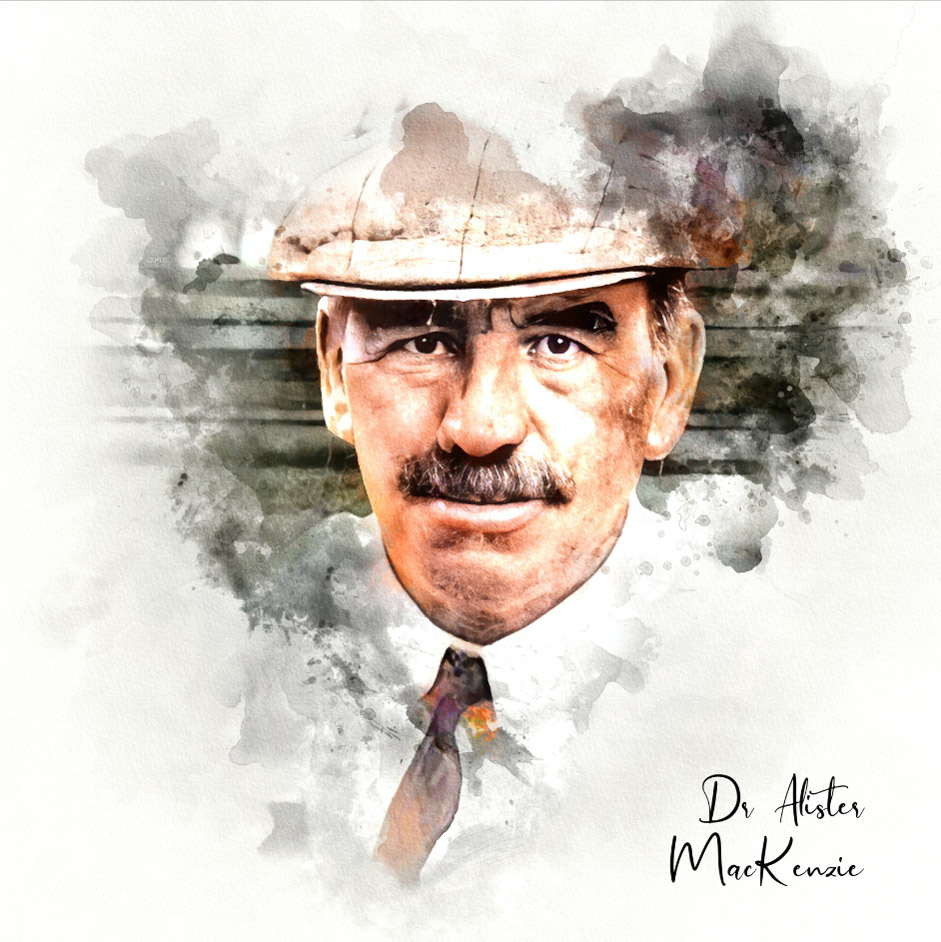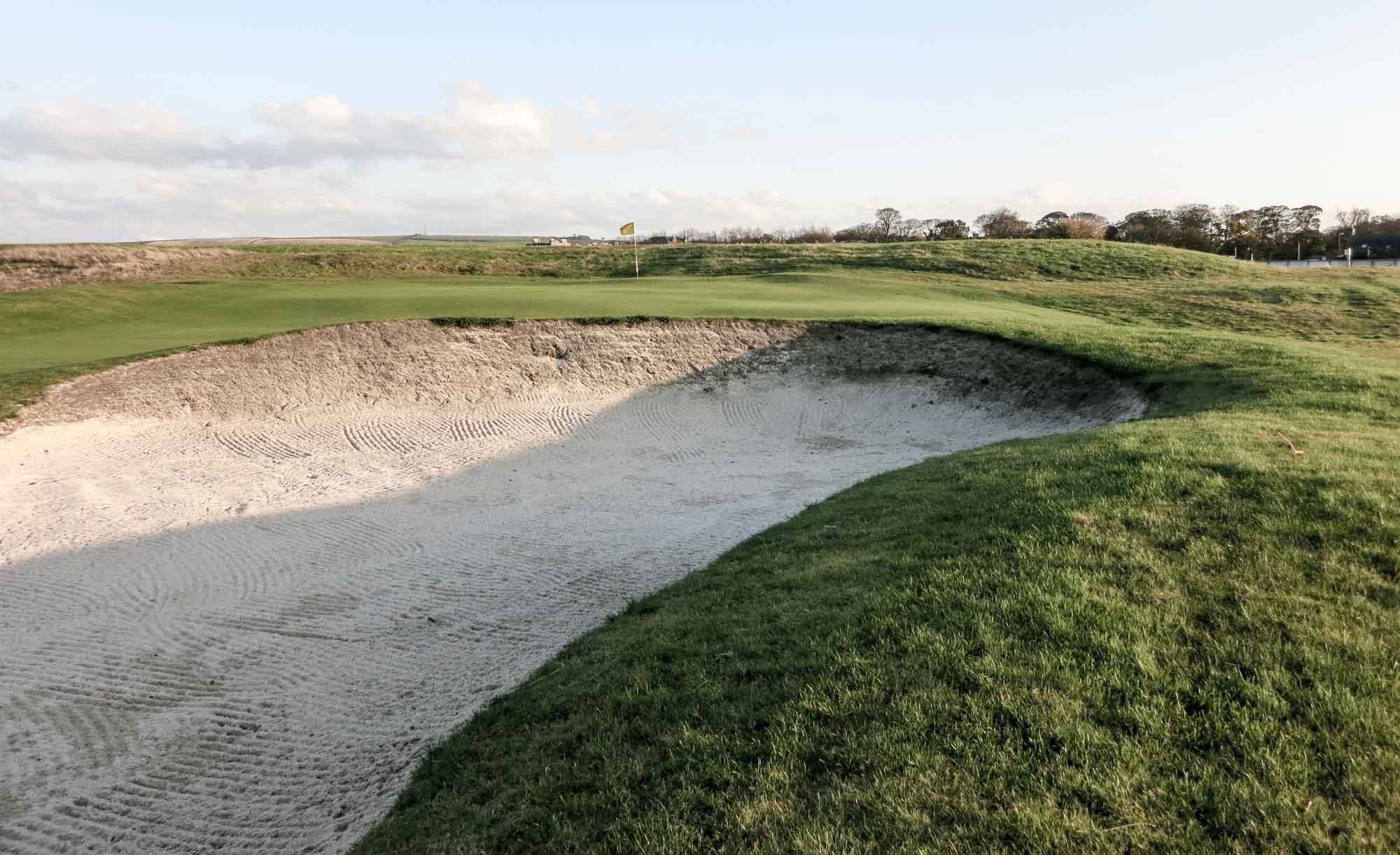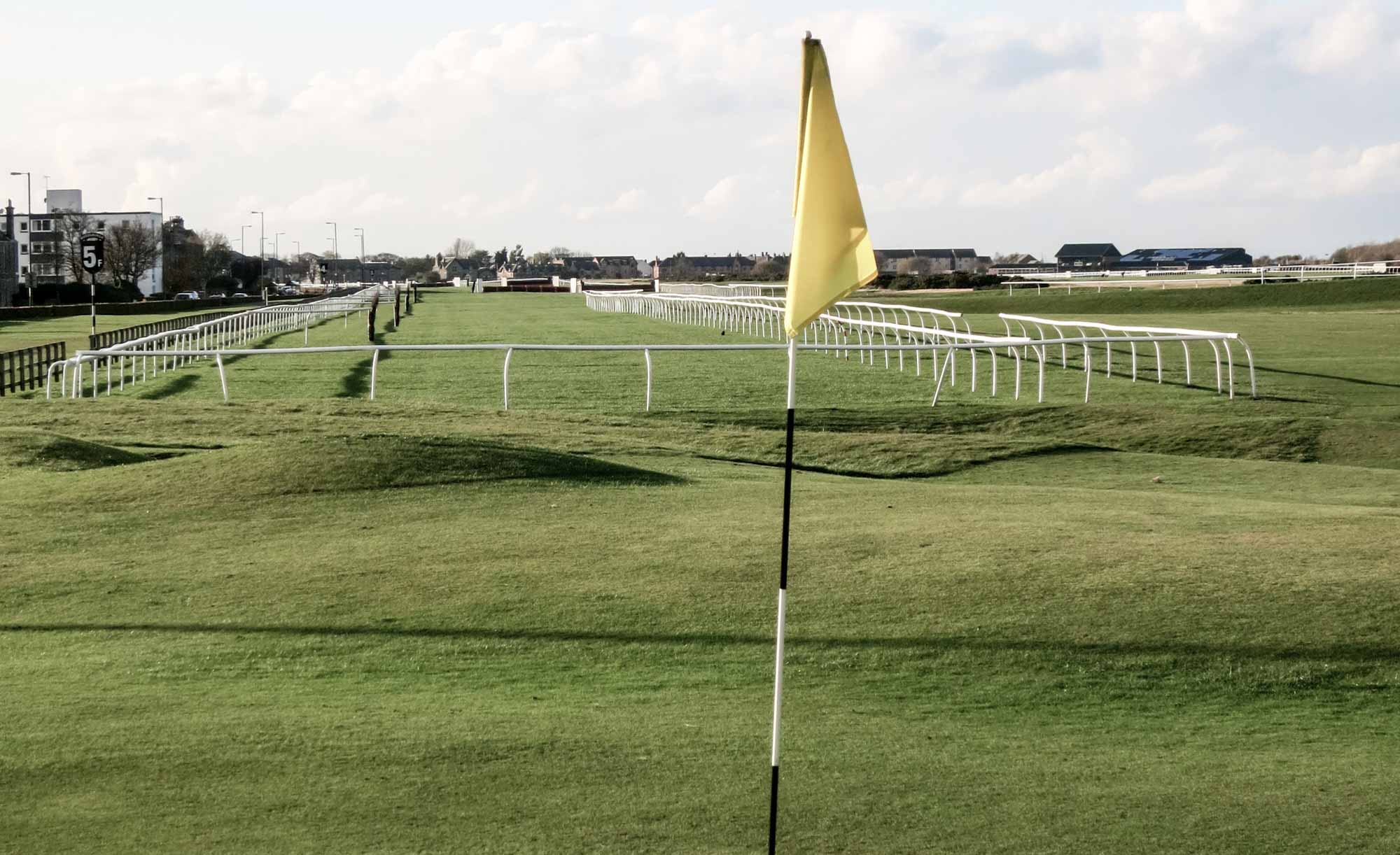Musselburgh Links

Overview
Musselburgh Links Old Course comes by its' name honestly... It's the oldest golf course in the world!
Golf has been played here since 1672 with Mary Queen of Scots reputedly playing here as early as in 1607.
Old Willie Park was born in a stone cottage that overlooked the early links.
It was also the former home to the Honourable Company of Edinburgh Golfers which now plays at Muirfield. It was also the course played by the Royal Musselburgh Golf Club, Royal Burgess Golf Club, and the Bruntsfield Golf Society.
Golf Course Review
Musselburgh Links - The Old Course is the only 9-hole golf course to host the Open Championship not once, but six times between 1874 and 1891! It was one of the three original venues of The Open alongside St Andrews and Prestwick. If St Andrews is The Home of Golf, Musselburgh is the cradle of the game.
Musselburgh Links History
It is impossible to know what early golf was like here prior to 1855. With golf played here at least as early as 1672, there is a gap of almost 200 years that is, as of yet, unaccounted for... In 1836, the Honourable Company of Edinburgh Golfers moved here from Bruntsfield. Not long after their move, The Honourable Company proposed the plans that would have combined Musselburgh and the neighboring Fisherrow Links.
There are two maps that indicate the course as it was in 1855 and 1896. The 1855 Plan from March 24, 1855, gives an indication of the nearness of the beach immediately to the north. Once seaside, there is now reclaimed land on which the Levenhall Links Leisure Park sits. Other identifiable hallmarks on the map include whins and a hand full of bunkers.
Prior to 1832, the links were made up of just 7 holes. In 1832, the Town Council took custody of the links and added an 8th hole. In 1843, John Gourlay was hired to keep the green and cut the holes. Another hole was found and the links became 9 in 1860.
The April 1896 Plan is remarkable and virtually to scale. It allows you to see the routing and massive bunkers which once adorned the course. The course was meant to be extended to 18 holes in 1905 before the plans were scuppered by the landlord, Sir Alexander Hope.
Musselburgh Links Architectural Archeology
The question then is: How much of the Open Venue course remains unchanged? The answer is no a lot.
- Hole 1 - Green
- Hole 2 - Green
- Hole 4 - Green
- Hole 5 - Tee & Green
- Hole 6 - Green
The foremost feature missing from Musselburgh Links is the infamous Pandy Bunker. Perhaps someday the former Open Venue will once be restored to its former glory! One can only hope...
Cromwell's Mound
Another landmark was Cromwell's Mound. It was here that Oliver Cromwell pitched his tent in 1650 when invading Scotland. The historical feature doubled as a hazard on the then second hole. There were deep bunkers at the base of the mound that caught a pulled tee shot. The Town Council removed the mound to improve the view of the racecourse from the grandstand...
Formans Beer House
The Formans Beer House lent its name to the famous Formans Green. Similar to the Ginger Beer cart at St Andrews, one could obtain liquid refreshments through the window without the need to leave the course and disqualify oneself. It is perhaps the most iconic halfway house in the game and a travesty it is no longer serving passing golfers.
Musselburgh Links & The Open
Musselburgh Links hosted The Open six times between 1874 and 1889.
- The 14th Open was played here in 1874 and won by Mungo Park.
- The 17th Open was played here in 1877 and won by Jamie Anderson.
- The 20th Open Championship was played here in 1880 and won by Bob Ferguson.
- Willie Fernie won the 23rd Open in 1883.
- David Brown was victorious at the 26th Open in 1886.
- Willie Park Jr won his second Open in 1889 in the 29th playing of the tournament.
Musselburgh Links - Videos
No Laying Up visits musselburgh Links, old course
Cookie jar golf reviews musselburgh links, old course
Iona Stephens plays musselburgh links, old course with hickories

Featured Architect: MacKenzie, Alister
As taken from his book, Golf Architecture, Alister MacKenzie felt the following were essential: The course, where possible, should be arranged in two loops of nine holes. There should be a large proportion of good two-shot holes and at least four one-shot holes. There should be little walking between...










